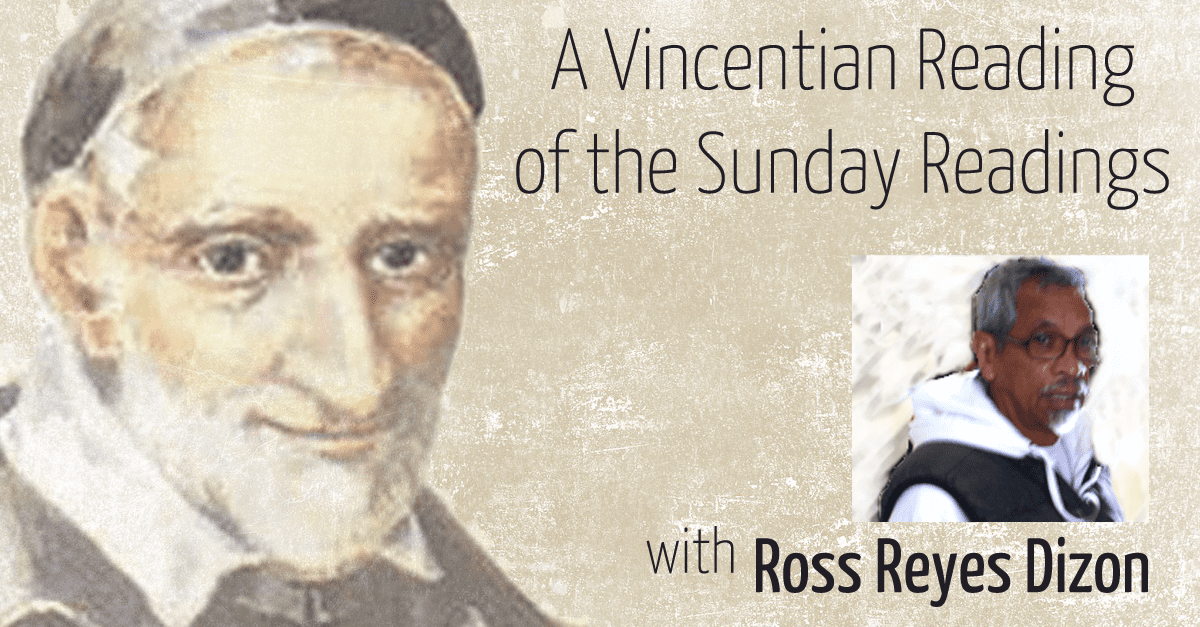The wisdom of God made flesh dwells with us. He is delighted to be with us. But he wants, first of all, to delight us.
The scribes and the Pharisees time and again test Jesus. At best, they seek to connect with him. At worse, they set a snare for his steps. But in any case, they seem to look for what would delight them.
And are we not like them? Have we not played games to our delight? First, childhood games. Then later, the games people play, sly, so we look good and in control.
Yes, before Jesus is the question, “Is it lawful for a husband to divorce his wife?” And added to it in Matthew’s account is “for any cause.”
It is just that Mark simply seeks to make clear to the Gentile Christians Jesus’ teaching. This evangelist leaves alone a question for Jewish Christians of whether Jesus sides with the strict or the lenient rabbis.
But in both Matthew and Mark, the Pharisees ask Jesus a cold, theoretical question. It means, they do not consider the wives who do not have the rights their husbands have.
Those who ask just want to test Jesus and to know his stance. Of course, they take delight in this. They leave alone all other considerations.
To be on Christ’s side is to delight others.
And Jesus answers the Pharisees with a question. But even if they want to connect with him, he reminds them just the same to connect with the women also. Not rarely do scholars, to stay objective, lose sight of them.
Since we stay also in our ivory tower, we forget what is primordial. Soon the words said in ecstasy escape us:
This one, at last, is bone of my bones and flesh of my flesh; this one shall be called “woman,” for out of “her man” this one has been taken.
But etched in our minds are the words of the “blame game”:
The woman whom you put here with me—she gave me fruit from the tree, so I ate it.
We do not fail to delight in such a game, right? And it opens the way to more games, in particular, to those of “imposition and submission.” And we stray more from the Creator’s dream from the start. That is to say, from communion for husbands and wives, for all humans and all creation (see Gal 3, 28; Col 3, 11).
And we who go back to the dream are to put on love, the bond. We will thus not be among those who forget the worries, fears, works and hopes of others. Among those who proclaim “great truths,” but do not touch “people’s hearts.”
It is crucial that we who proclaim make connections (EG 34. 128. 154. 157. 232. 233; T.F McKenna). As God does, who is close to us (Dt 4, 7). Like the one who is not ashamed to call us brothers and sisters, and to become our own flesh and blood. Nor does he delight himself (Rom 15, 3), but his flock (St. Thomas Aquinas).
Lord Jesus, give us eyes and a heart that are turned to the poor. Grant that, in a luminous way, we find delight with the joyful among them, weep with the sorrowful, and be glad with the glorious (see SV.EN XII:222). We shall thus be among those who learn simply about wisdom, share it freely, and do not hide away its riches (Wis 7, 13).
3 October 2021
27th Sunday in O.T. (B)
Gen 2, 18-24; Heb 2, 9-11; Mk 10, 2-16






0 Comments